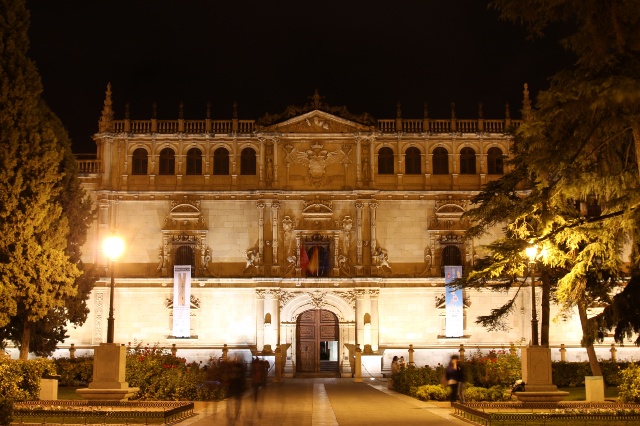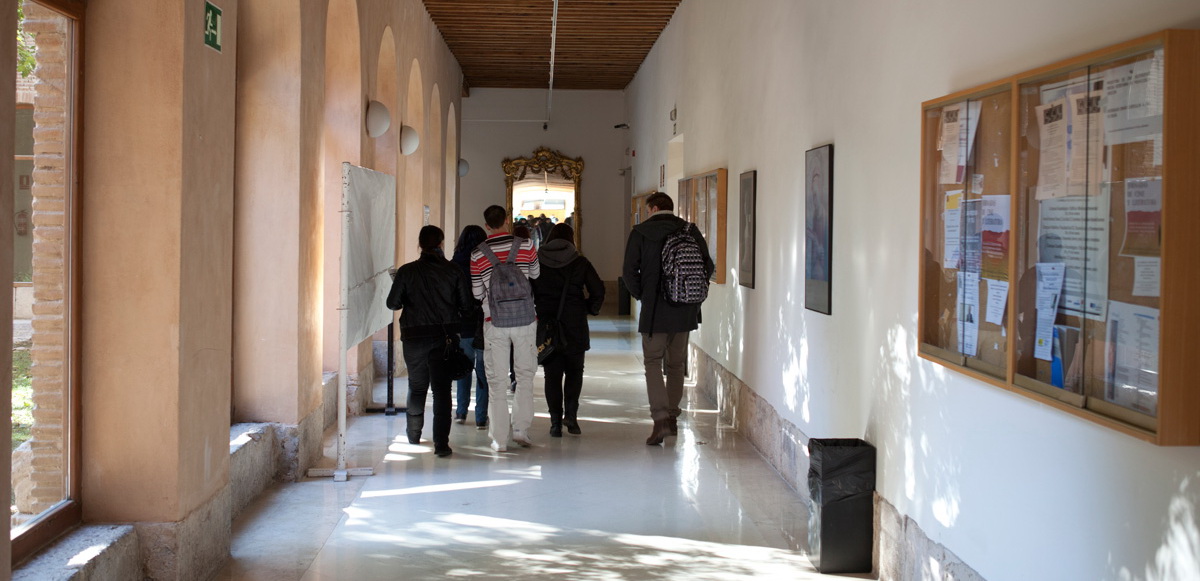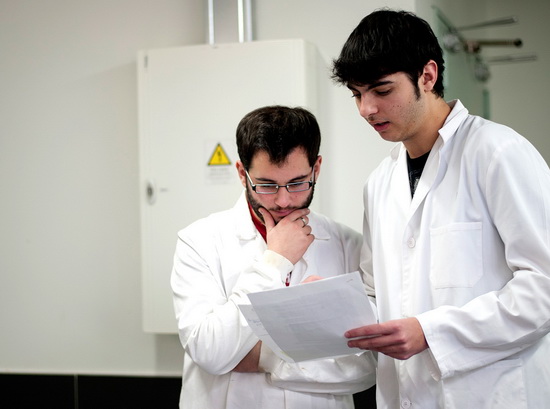The degree course in History aims to provide students with a rational and critical knowledge of the past so that they are able to understand the present and can make it understandable to others. Students should acquire a basic knowledge of the main events and processes of change surrounding humanity from prehistory to the present day. The spatial dimension of this historical knowledge should be as extensive as possible, facilitating understanding of diversity and fostering respect for different values systems and civic awareness.
Values such as equality, protection of human rights and non-discrimination are essential for learning and teaching this discipline, based on a culture for peace and democratic coexistence.
Students should be able to use a historian's main techniques and tools for analysis, and be capable of analysing all type of sources, in all type of formats, and be capable of seeking, identify, selecting gathering information for historical study and research.
Professionals in this field should have a knowledge of the concepts, categories, themes and other relevant issues for the various branches of historical research subject to change, depending on political, cultural and social contexts. They should be capable of using the terminology appropriate to their knowledge area to express themselves, and have command of at least one to enhance their employment opportunities. A historical perspective is important, with special emphasis on Spain, Europe and Latin America, and in interest for reading, analysing and conveying ideas, and providing solutions to historical problems in a critical and autonomous way. They should always bear in mind and promote critical thought, democratic values and respect for human rights, in either academic planning or carrying out research projects.






